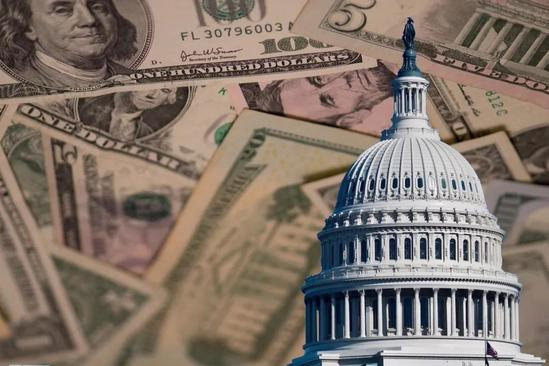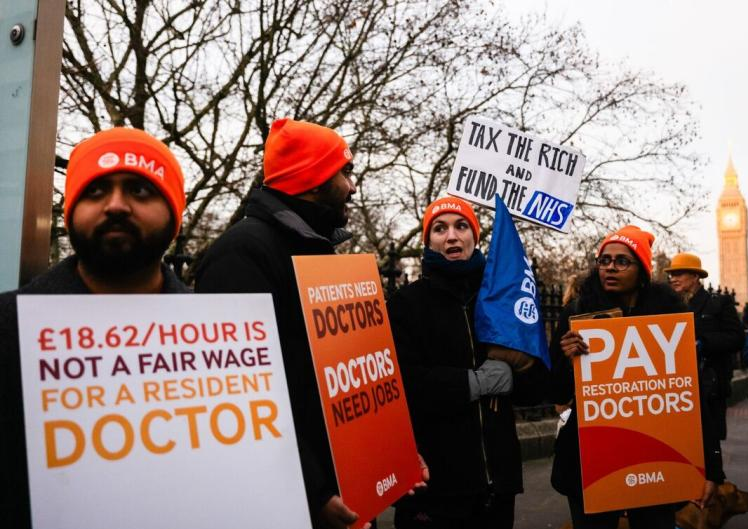
The U.S. debt problem is one of the biggest economic and political challenges facing the United States. U.S. debt has exceeded 33 trillion U.S. dollars, accounting for more than 100% of U.S. GDP, which has brought huge pressure and risks to U.S. finance and finance. At the same time, the U.S. debt issue is also the focus of the most intense debate and confrontation between the two parties in the United States, leading to difficulties and crises in government operations. Recently, Speaker of the U.S. House of Representatives McCarthy was impeached and removed from office by the Republican Party for compromising the Democratic Party on the U.S. debt issue. This incident attracted global attention and shock, and also exposed the deep-seated problems and contradictions in the American political system.
Ultimately, the U.S. debt issue is a manifestation and trigger of the political divisions in the United States. U.S. debt, simply put, is bonds issued by the U.S. government to raise funds to cover fiscal deficits and support various government expenditures. The U.S. debt issue refers to how the U.S. government balances revenue and expenditure, how to avoid defaults and shutdowns, and how to maintain confidence and stability at home and abroad when facing the debt ceiling.
Debt crises usually lead to a series of serious consequences such as a decline in credit ratings, loss of market confidence, capital outflows, currency depreciation, and financial market collapse. For the United States, the world's largest economy and most important financial center, if a debt crisis occurs, it will have a catastrophic impact on the global economy and finance.
First of all, U.S. debt is one of the largest, most liquid, and safest assets in the world. It is a reserve asset and safe haven asset for many countries and institutions. If U.S. debt defaults or credit declines, it will trigger a process of global asset revaluation and reallocation, leading to turbulence and disorder in the global financial market.
Secondly, the US dollar is one of the most widely used currencies in the world and is the anchor or reference currency for many countries and regions. If the U.S. dollar depreciates or fluctuates significantly, it will trigger a process of adjustment and change in the global exchange rate system, leading to obstacles and uncertainty in global trade and investment.
Thirdly, the United States is one of the world's largest consumers and importers, and a major trading partner and market for many countries and regions. If there is an economic recession or stagnation in the United States, it will trigger a process of decline and contraction in global demand, leading to a slowdown or recession in global economic growth.
The U.S. debt issue is the focus of the most intense debate and confrontation between the two parties in the United States. There are fundamental differences and philosophical differences between the two parties in the United States on how to deal with the U.S. debt issue. On the one hand, the Democratic Party advocates raising taxes and increasing government spending to promote economic growth and social welfare. On the other hand, the Republican Party advocates cutting spending, reducing government intervention, and promoting market competition and individual freedom. These two different fiscal policies have created sharp opposition and conflict on the U.S. debt issue. Republican McCarthy chose to reach a compromise with Democrats at a critical moment, helping pass a temporary budget bill and averting a government shutdown. Such a stance and actions made him a thorn in the side of conservatives within the Republican Party, leading to his resignation.
McCarthy's ouster was an event of historic significance. It not only marked the serious divisions and turmoil within the Republican Party, but also reflected the inability and failure of the American political system in dealing with major challenges.

Junior doctors in the UK officially launched a five-day strike on Wednesday (December 17th).
Junior doctors in the UK officially launched a five-day str…
The Thai Pride Party is considering nomasting three candida…
With the continuous intensification of international sancti…
With $15.82 billion in sales and a 108% year-over-year incr…
According to the South Korean media Dealsite, the recent te…
The current geopolitical conflicts around the world are oft…